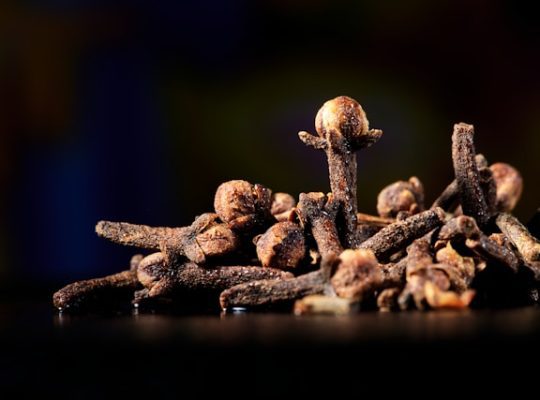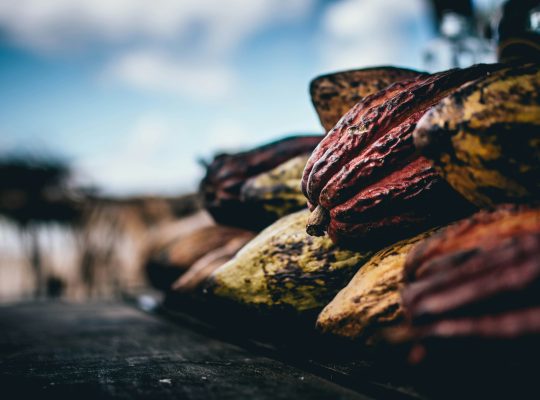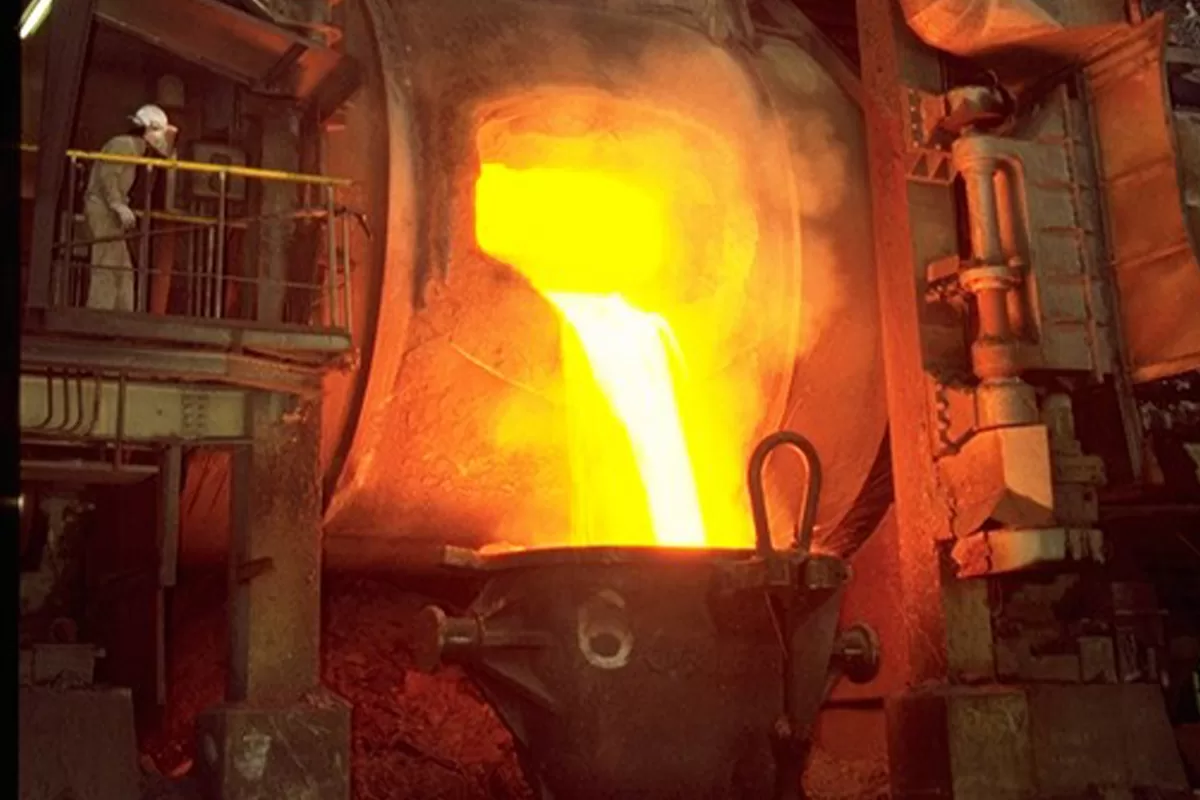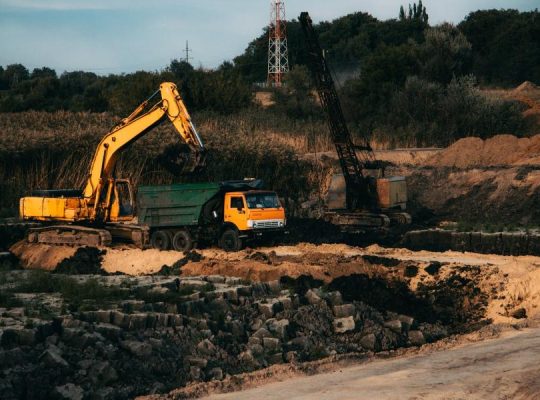In Jakarta, a key government figure has chimed in on the ongoing chatter about the nickel processing strategy saying it unfairly tips the scales in favor of China. Irwandy Arif, who plays a crucial role in accelerating mineral governance at the Ministry of Energy and Mineral Resources, clarifies that Indonesia isn’t picking sides when it comes to where it gets its nickel smelter investment from. “We’re open to teaming up with any nation,” he conveyed on May 10, 2024.
It’s no secret that Chinese firms have a strong presence in Indonesia’s nickel smelting sector. “Yes, a lot of our nickel smelters are run by Chinese businesses,” Irwandy admitted. He underscored how China is keen on pushing its smelting technology to the forefront, showcasing tools like the Rotary Kiln-Electric Furnace, vital for transforming nickel ore into nickel pig iron, an essential component for making iron and steel. They’re also pitching High Pressure Acid Leaching technology, crucial for crafting purified limonite nickel used in electric batteries.
Beyond tech, China’s also extending financing deals. Irwandy suggests that other countries should be ready to step up their game in Indonesia.
Fahmy Radhi, a keen observer of energy economics from Gadjah Mada University, points out that most of the financial gain from processing nickel seems to flow back to China. “Ever since Indonesia stopped exporting raw materials and moved towards processing them here, we’ve seen more investors, predominantly from China. This means a lot of the economic benefits are reaped by them,” he mentioned on the same day.
Radhi also remarked that so far, the nickel processing push hasn’t fully achieved its goals, partly because the market is only seeing nickel pig iron and ferronickel exports, while the sector for downstream electric battery production is still up in the air.
He believes that while the approach to processing nickel and other minerals in Indonesia is on the right track, a clearer guide from ore extraction to final production is missing. He had hoped that this initiative would encourage mining companies to either independently or through partnerships, set up their own processing plants.
Echoing Radhi’s concerns, Faisal Basri, another economic expert from the University of Indonesia, identifies China as the biggest winner in Indonesia’s nickel processing industry. He points out that a significant portion of the nickel refining collaborations are with Chinese businesses. “Ninety percent of the profit heads to China, leaving us at a disadvantage,” Basri expressed during a gathering in Central Jakarta on May 4, 2024.
He stressed the importance of the Indonesian government running economic assessments of the nickel industry, considering the environmental toll of mining operations, which so far hasn’t been factored into the profit calculations. “This oversight should be viewed as a loss,” Basri highlighted.
This piece reflects a range of perspectives on the development of Indonesia’s nickel sector, emphasizing the need for a balanced, environmentally considerate approach to commodity production and foreign investment relations.


















